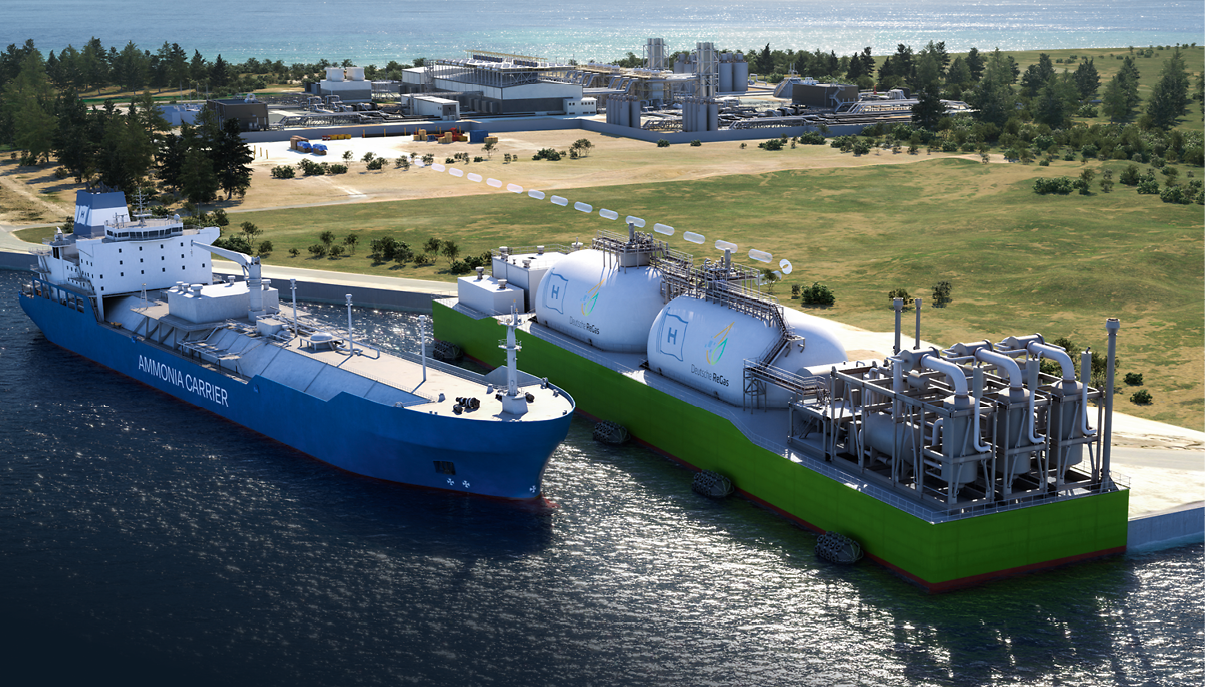Germany's Groundbreaking Hydrogen Import Strategy: A Key Step Towards Climate Neutrality
Key Ideas
- Germany aims to achieve climate neutrality by 2045 and plans to import 50-70% of the 95 to 130 TWh of hydrogen needed by 2030.
- The new hydrogen import strategy includes creating demand, funding instruments, promoting projects abroad, and developing import infrastructure.
- Business opportunities in Germany will arise for international investors particularly in infrastructure development for storing, trading, and transporting hydrogen and its derivatives.
- The government supports hydrogen projects by introducing legislation to accelerate the expansion of hydrogen infrastructure and turning ports into hydrogen hubs.
Germany is making significant strides towards its climate targets by adopting a robust hydrogen import strategy aimed at securing a reliable supply of green hydrogen. The country plans to become climate-neutral by 2045 and expects to import a substantial portion of the 95 to 130 TWh of hydrogen and derivatives required by 2030. The strategy focuses on boosting demand for hydrogen, establishing funding instruments, promoting projects abroad, and developing import infrastructure such as pipelines and terminals. International investors are presented with attractive opportunities in Germany's hydrogen economy to participate in infrastructure development for hydrogen storage, trading, and transportation. Notable projects include the construction of the world's first floating import terminal for hydrogen on the Baltic coast near Lubmin and the development of hydrogen hubs, like the one in the region around Rostock and Lubmin. The strategy also emphasizes the importance of hydrogen derivatives like ammonia in facilitating long-distance transport due to technical and economic reasons. The German government is supporting these projects by streamlining approval processes for infrastructure development through legislation, further encouraging investments in the hydrogen sector. Overall, Germany's hydrogen import strategy paves the way for a sustainable and innovative future while creating favorable conditions for international collaboration and business growth in the hydrogen sector.
Topics
Europe
Green Economy
Infrastructure Development
Business Opportunities
International Cooperation
Import Strategy
Latest News
